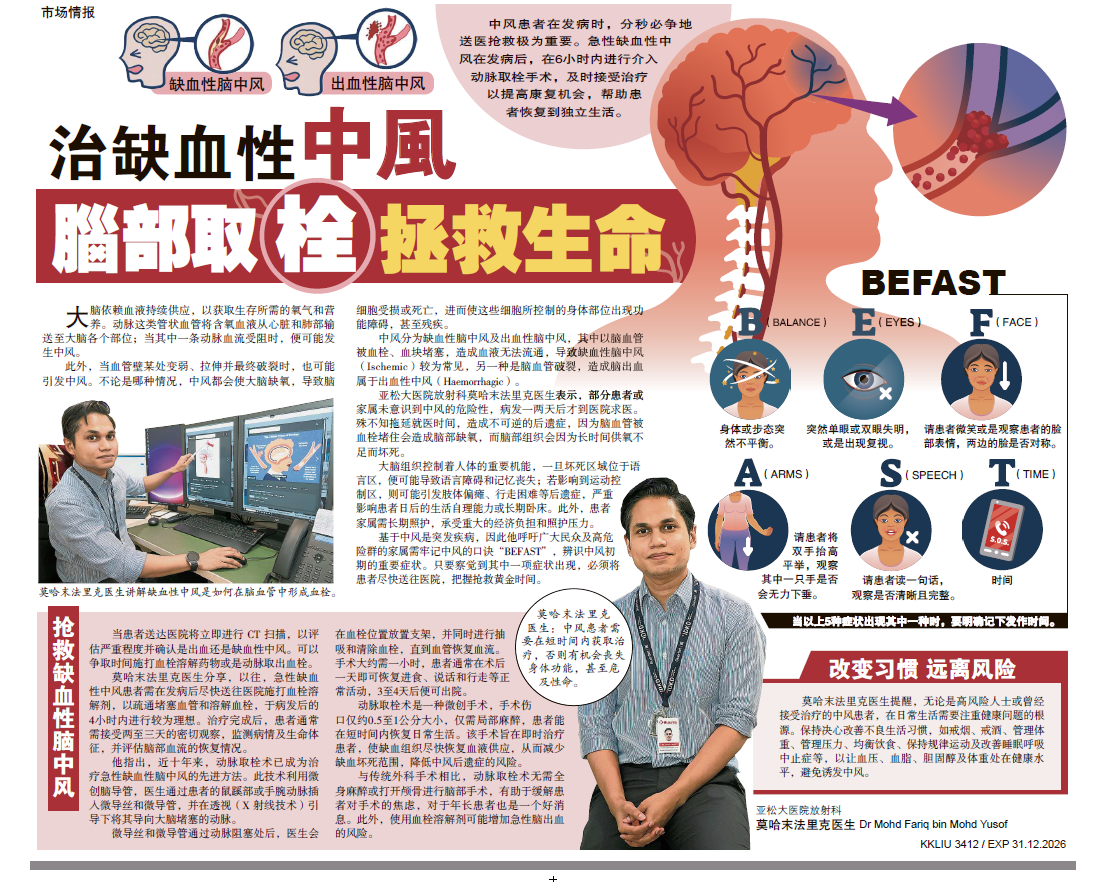A very common presentation to an otolaryngology clinic is that of a late middle aged patient, who comes in saying that he has a constant noise in one ear. The noise seems worse in the quiet of the night, but is hardly noticeable at other times. He has some difficulty sleeping at night because of the incessant noise. The noise is described as a “hissing’ or “buzzing” in that ear. He is anxious that the noise is due to a brain tumour.
Examination of his ears is normal. Hearing threshold testing reveals impaired hearing thresholds in the ear with the noise, as well as impairment in the other ear.
He is reassured that what he has is tinnitus due to hearing loss due to ageing in both ears, but only has the noise in one ear. He is counselled of the origin of the noise and that he has to accept the fact of its permanence.
Tinnitus may affect any age, either gender and is described in as many different ways as it is experienced. Descriptions vary from “humming”, “ticking”, or more expressively as static noise of a radio or television, the droning of cicadas, or the background chatter of the jungle. Most patients with tinnitus say that they have had it for as long as they can remember but for a small number, the noise may have acutely started a few days or weeks before. Tinnitus may be heard continuously or intermittently. It may be louder in very quiet surrounds, as in the still of the night. Occasionally, some claim that certain loud noise makes the tinnitus sharper and louder.
Usually, patients would have an accompanying hearing loss in the ear in which they hear the tinnitus. Occasionally, there may also be preceding or simultaneous spinning dizziness, or vertigo. Other possible accompanying ear symptoms are pain or discharge from the same ear.
Many patients have developed a tolerance for the noise, only noticing it when they are idle. It is often not noticed when they are busy doing something else, or have their attention turned elsewhere. Others complain of a constant presence, even to the point of blaming the tinnitus as the root of their insomnia.
Tinnitus is thus experienced in many varied ways, suggesting that the cause of tinnitus may be varied too. The only factor in common across the board is that no one else but the patient himself can hear this noise, making it a very subjective experience for the patient. This is subjective tinnitus, the perception of noise that originates from within the patient’s nervous system, and not from the external environment. Yet, the noise is very real to the patient. (There is a rare entity called objective tinnitus, which is noise that both the patient and another person may hear if the latter was to get close enough to the former.)
One simple theory favoured by many experts explains the phenomenon of tinnitus. The hypothesis states that there is always internal “brain” noise but this is not usually heard because external sounds covers up internal noise. The internal sounds become more prominent when hearing loss occurs because less internal noise has “entered”. Based on this theory, it is easily understood that overcoming tinnitus would need more external noise “coming into the brain”, which means either louder natural sounds or wearing a hearing aid.
Of course, there is also a psychological element to supplement the above simple theory. As stated earlier, some patients can tolerate tinnitus or cannot hear it when they are busy. This implies that perception of tinnitus is substantially influenced by a tolerant attitude that has come to accept it. Perception is also less when the mind is focused on doing something else, meaning tinnitus does not have to occupy a central place permanently.
There is no magic drug that can make tinnitus disappear. Ultimately, the approach to dealing with tinnitus lies with a positive mind frame. There is no advantage in fighting tinnitus, as it is like fighting oneself, and there will neither be a winner nor loser.











